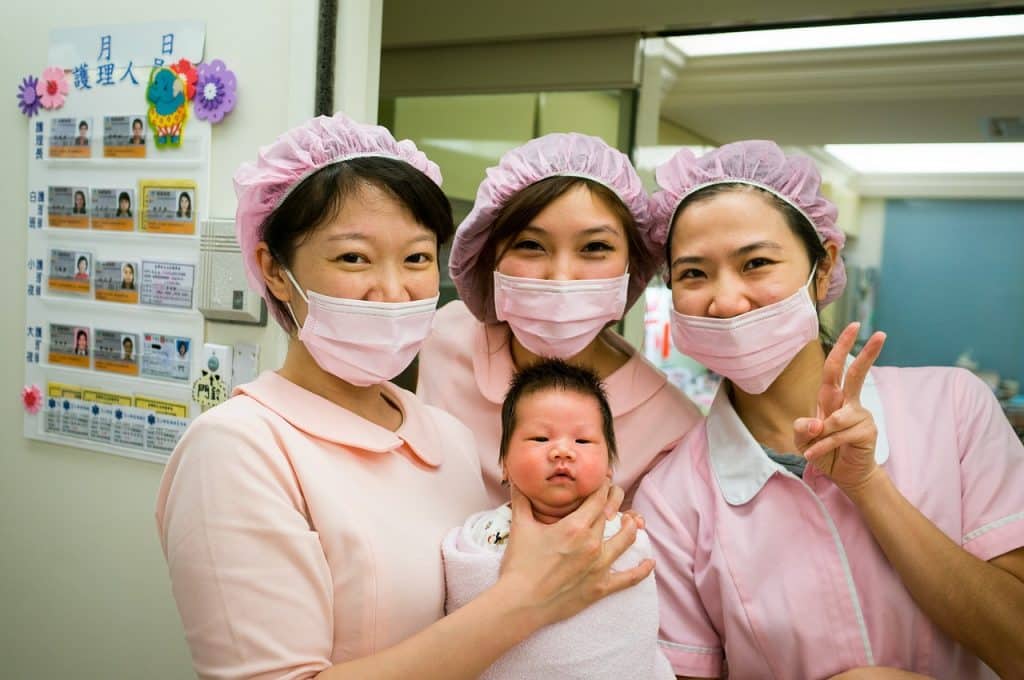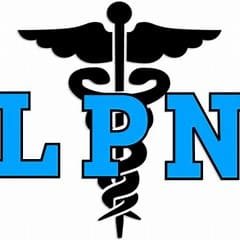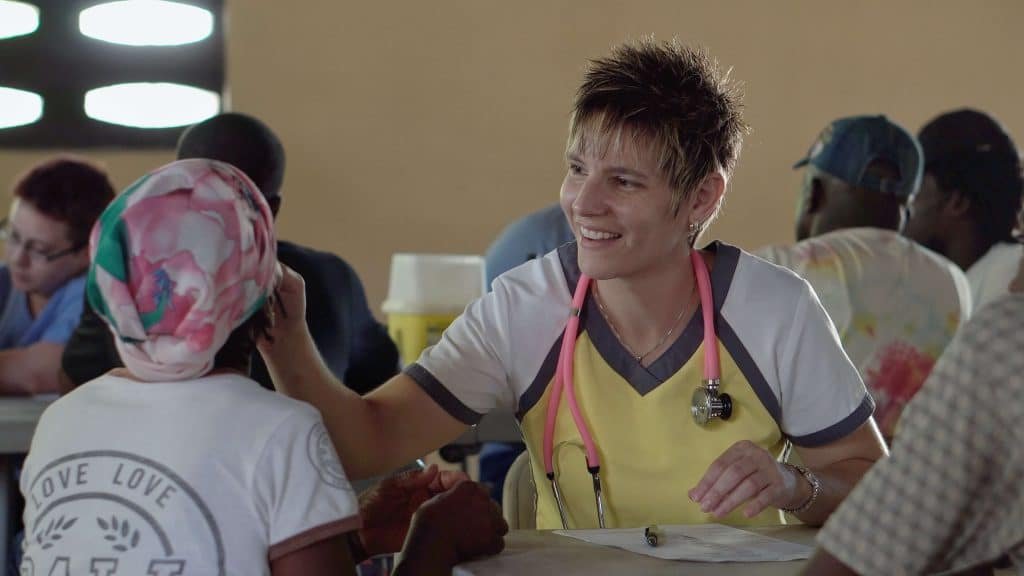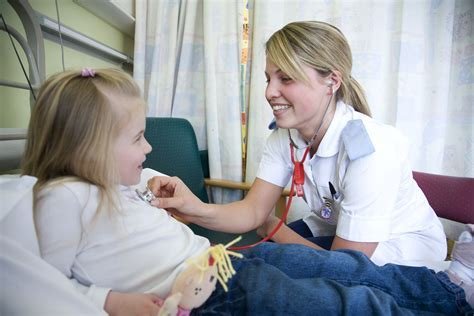There are several LPN programs to choose from, but choosing the right one can be challenging. With the right program, you can be on your way to a successful career. Here are some things to consider when choosing a program:
LPN programs teach students about the basics of nursing and the role of nurses. They cover patient care, case-finding, health education, and counseling. They also explore different types of health care, such as gastrointestinal and musculoskeletal care. LPN programs also prepare students for the NCLEX-PN exam. The exact course titles will vary from one program to another, but you can be certain that they’ll cover the basics of nursing.

Among the many LPN programs available in New York, Reynolds Community College’s three-semester practical nursing program in Brooklyn, NY, is worth looking into. The school’s affordable tuition and high-quality facilities will help you get the education you need to become a licensed practical nurse. Their training programs provide students with practical experience, including hands-on labs, so they’ll be ready to start a career as a nurse upon graduation.
Applicants must be at least seventeen years old, have a high school diploma or GED, and be eligible for Veteran’s benefits. Licensed practical nursing programs usually last for two semesters, and some schools offer financial aid. Federal Pell grants and Direct Loans are two examples of financial aid that can help you finance your education. Financial aid is available to eligible students, so apply early. You can also get a Sallie Mae vocational student loan.
The length of an LPN program varies depending on the school and the credit hours required. If you have completed a high school diploma, you can apply for the Authorization to Test (ATR) exam through your local board of nursing. Upon successful completion of the program, you will be ready to take the NCLEX exam. There are many different types of LPN programs and what you want to look for will determine which one is right for you.

The Accreditation Commission for Education in Nursing (ACEN) is the national agency that accredits LPN/LVN programs. Accreditation is a guarantee of academic quality. The ACN is the primary accrediting agency for LPN/LVN programs, but there are regional organizations that accredit programs as well. In New York, the New York Board of Nursing maintains a list of approved practical nursing programs.
Licensed practical nurses (LPNs) must have at least a high school diploma or GED. Generally, an applicant must have a 2.0 GPA. Students are required to complete a practical application year in a hospital, vocational training school, or community college. Passing the NCLEX-PN examination is the third component of LPN certification. The United States Bureau of Labor Statistics predicts that demand for LPNs will rise 12 percent during the decade from 2016 to 2026. As long as one is committed to their training and the field, the employment opportunities are excellent.

Licensed practical nurses are essential members of the healthcare system. The ability to provide compassionate care to patients is a great advantage for many people. Additionally, LPN programs give students an opportunity to provide financially for their family. Licensed practical nurses are often a gateway to other careers in medicine. While LPN programs differ in cost, scheduling, and length, it’s important to compare programs and find the best one for you. The right LPN program will fit your needs and meet your expectations.
